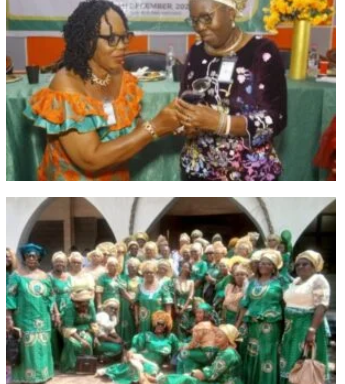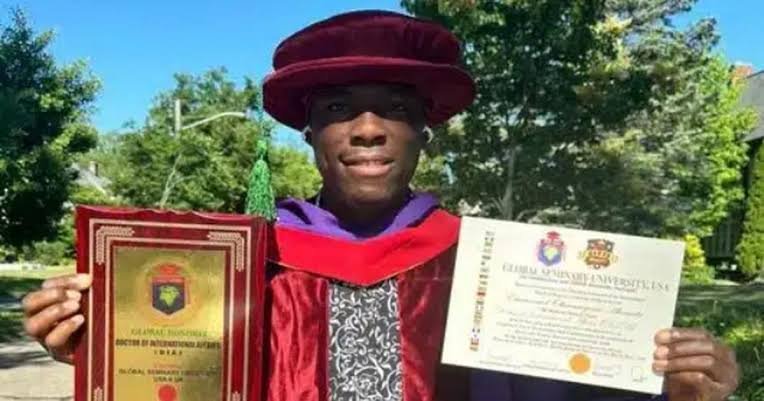By Oluwasore Alabi
The Joint Admissions and Matriculation Board (JAMB) has cleared 85 underage candidates for special admission to Nigerian tertiary institutions after a thorough multi-stage screening exercise. According to the statement by the Head of Media, JAMB, Dr. Fabian Benjamin, the candidates, each one of them under the official age of 16, had all met the conditions and were cleared to proceed with their admission process.
The development comes after a continuing national debate on the age of entry into university studies. In a previous development this year, JAMB reaffirmed that only candidates aged 16 years and above by August 2025 would qualify for admission, in accordance with a new Federal Ministry of Education policy raising the age to 18. The policy had attracted scathing criticism, with some arguing that it was selectively stringent against brilliant pupils who completed their secondary school earlier.
JAMB’s move to provide an “exceptional admission” category is an attempt to balance policy implementation with fairness. Of more than two million UTME candidates, more than 41,000 sought special consideration but just 85 were cleared through strenuous academic and personal screening. The process involved certification of school records, interviews, and PUTME screening.
While the move has been greeted as visionary by some, it has also raised considerable questions over consistency, transparency, and broader philosophy underpinning Nigeria’s education policy. If outstanding students can be exempted from the age requirement, then what defines exceptionalism? Should intellectual brilliance only take over from formal requirements, or should social maturity remain a significant factor in university readiness?
It is also significant that the entire controversy demonstrates an underlying problem in Nigeria’s education system, one that sometimes pushes capable students rapidly through primary levels without ensuring they are emotionally or psychosocially prepared for higher study. These kinds of problems are not unfounded, as university cultures depend upon independence, self-discipline, and moral maturity above intellectual intelligence.
Nevertheless, JAMB must be applauded for its attempt at justice and global consonance. Elsewhere in the world, exceptions are made for exceptional learners, provided they meet specific criteria. JAMB’s decision is therefore consonant with global best practices, wherein age requirements are waived for exceptional talent but not entirely disregarded.
However, the policy has to be open and accountable. It must not be a path for special students or politically influential parents to avoid the rules. JAMB must keep the “exceptional” category merit-based, public-scented, and immune to manipulation.
Ultimately, the clearance of these 85 underage students is more than a bureaucratic achievement, it is a time of national reconsideration. Nigeria can choose whether it wants to have an education system that is ruled by strict regulations or a flexible one that will be able to spot genius and still uphold the integrity of the academic institutions.
For a country struggling to fulfill the ideals of fairness, inclusiveness, and excellence, this decision should promote a deeper discussion, beyond age barriers, but concerning the actual purpose of education in shaping the leaders of tomorrow.


























